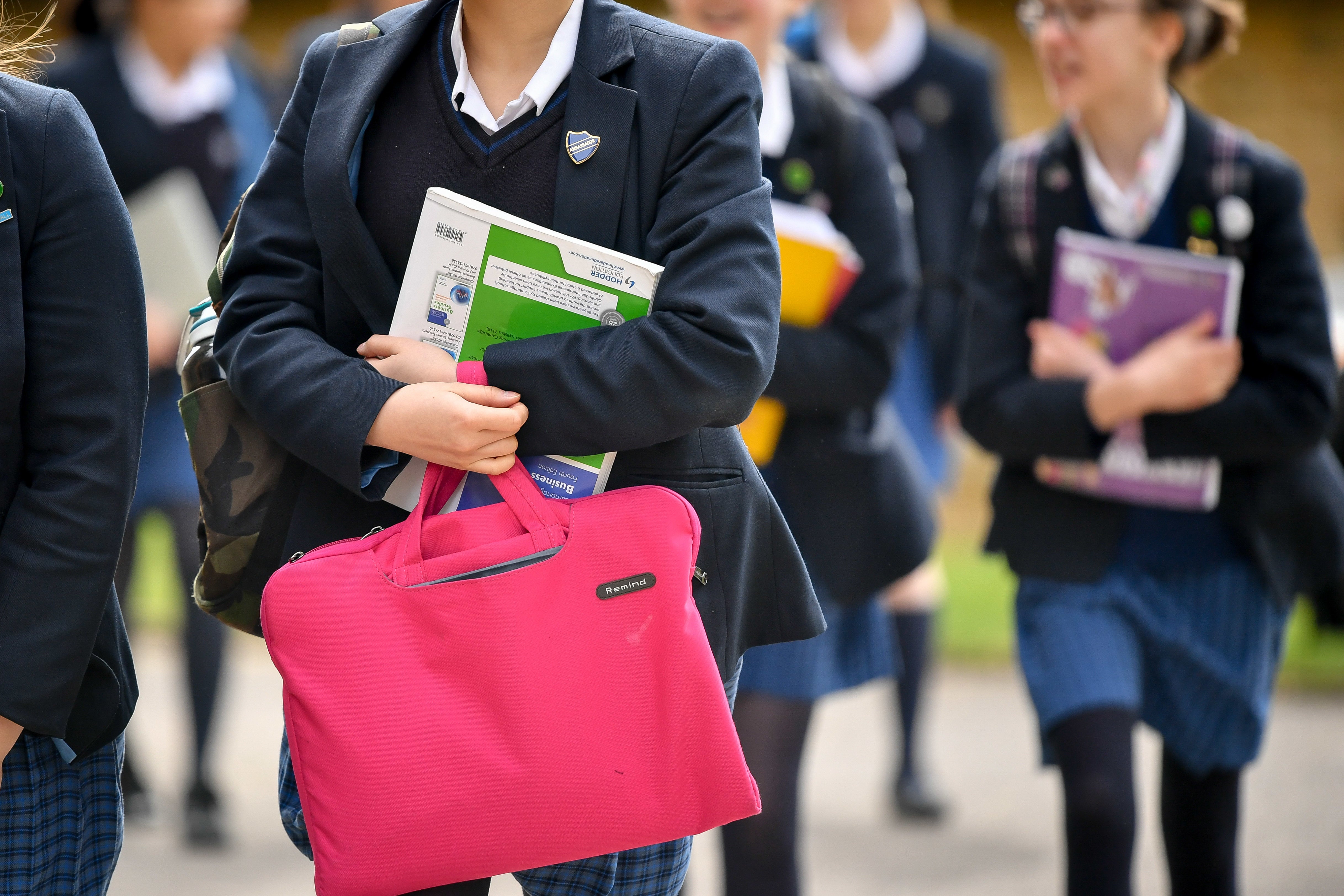Concussion linked to poorer outcomes at school in new study
Researchers found that those who had a concussion in the last year were more likely to have ‘poor academic standing’.

Your support helps us to tell the story
From reproductive rights to climate change to Big Tech, The Independent is on the ground when the story is developing. Whether it's investigating the financials of Elon Musk's pro-Trump PAC or producing our latest documentary, 'The A Word', which shines a light on the American women fighting for reproductive rights, we know how important it is to parse out the facts from the messaging.
At such a critical moment in US history, we need reporters on the ground. Your donation allows us to keep sending journalists to speak to both sides of the story.
The Independent is trusted by Americans across the entire political spectrum. And unlike many other quality news outlets, we choose not to lock Americans out of our reporting and analysis with paywalls. We believe quality journalism should be available to everyone, paid for by those who can afford it.
Your support makes all the difference.Teenagers who have suffered a concussion are at risk of preforming worse at school for a year after their injury, a new study suggests.
Researchers called for more to be done to prevent head injuries after they found that pupils who had a concussion in the last year were more likely to have “poor academic standing”.
The new study, published in the journal Injury Prevention, examined data on more than 10,700 teens across the United States who were taking part in a study called the Youth Risk Behaviour Survey.
History of concussion was significantly associated with poor academic standing and experiencing multiple concussions could be particularly harmful on student outcomes
Among these secondary school pupils, 14.9% had reported at least one sports or activity-related concussion in the last 12 months.
A concussion is a temporary brain injury which can last for a few weeks after a fall or bump.
Common signs of a concussion include loss of consciousness, dizziness, glazed look in the eyes, headache, amnesia, vomiting, memory problems, and loss of focus.
Researchers from the University of Washington in Seattle then examined the academic performance of those who had a concussion in the last year compared to those who did not.
Overall, a large majority of adolescents (78.8%) reported to be in doing well at school.
Pupils were asked about their grades at school during the last 12 months, those who reported mostly A ands Bs were deemed to be in “good academic standing” while those with mostly Cs, Ds, Es or Fs were deemed to have “poor academic standing”.
The academics calculated that having at least one concussion in the past 12 months was associated with a 25% higher risk of “poor academic standing”.
The association was stronger among pupils who had repeated concussions which appeared to carry a 50% higher risk of poor academic standing.
They found that the link varied slightly between those of different ethnicities as they called for further work to research the link.
“Having a history of concussion in the past 12 months was associated with poor academic standing during the same period, and this association was stronger with a history of repeated concussions,” the authors wrote.
“History of concussion was significantly associated with poor academic standing and experiencing multiple concussions could be particularly harmful on student outcomes,” they added.
“School-based injury prevention efforts, including promotion of helmet use, school screening for concussions and adherence to return-to-play and return-to-learn guidelines, to reduce multiple concussion in sports, particularly for racial and ethnic groups most affected, may prove beneficial to students with concussion.”